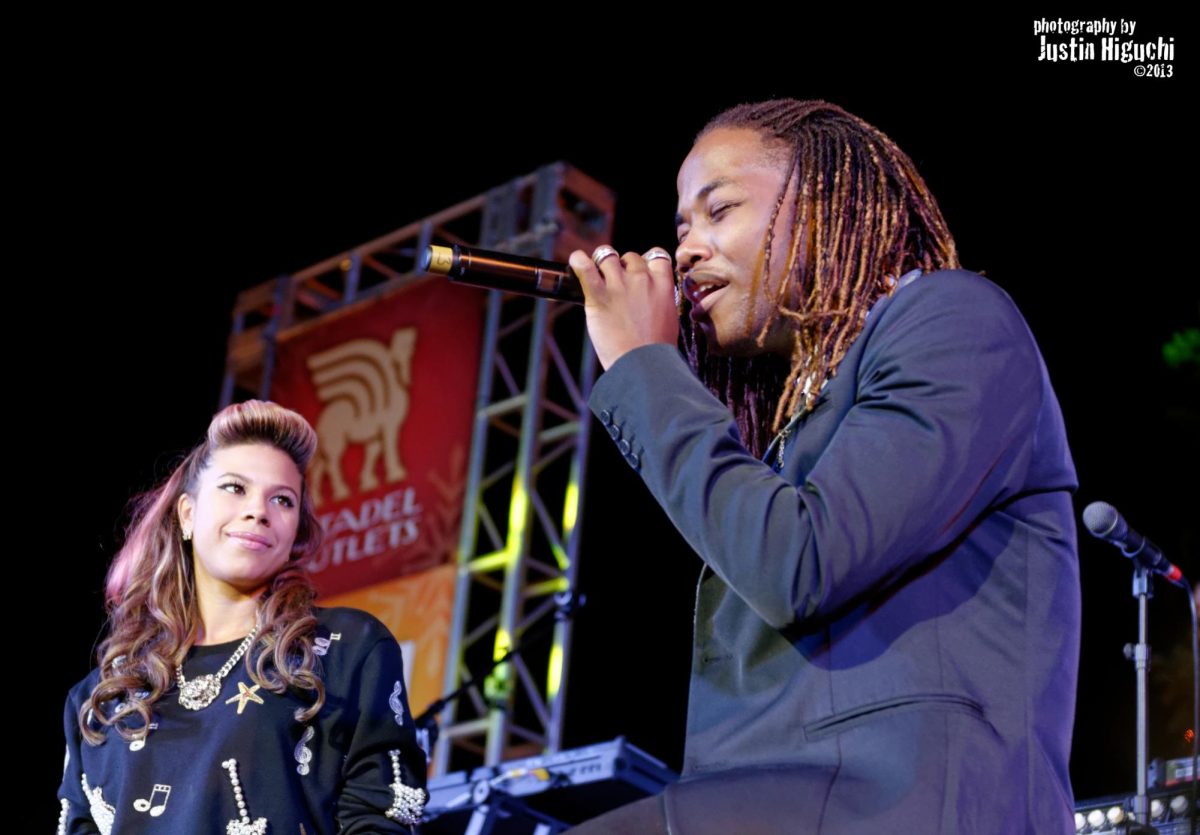Solange’s recently released album “A Seat at the Table” is an artistically riveting R&B album that moves listeners’ emotions, sympathizes with the struggles of those unjustifiably neglected, and sings with optimistic, airy confidence using words dipped in historical references that urge change and signal self-empowerment.
Solange’s voice is both whimsically engaging and crystal clear in her successful musical discussion of what it means to be an African- American in 2016. Through this album, Solange unearths problems that should have ended long ago but continue to plague our society: unjust racial tensions, inhumane acts and trampling of civil liberties of African-Americans in the United States.
“A Seat at the Table” is both acoustically and historically complex, yet Solange’s lyrics and the intentions behind them ring clear—emanating clear messages that translate her support for the Black Lives Matter movement and unveil what it means to be a Black woman today. Her voice transforms from song to song, enveloping the exhausted voices of African-Americans who should not have to deal with racism, while demanding with fervent confidence that the Black community is stronger than the forces that aim to subdue it.
Solange doesn’t wallow in heartbreak or write about the luxe lifestyle of a big artist; rather, her writing empowers people to acknowledge and flaunt their flaws, brings power to the underserved classes and exposes the unfortunate social injustices caused by class and race divisions in today’s world.
As Solange sets the tone for the rest of her album, she normalizes imperfections, that we, the listeners, and that she, the artist, embody. Making mistakes makes you a normal human because every day is a new start, just “wake up and rise”. As Solange puts it herself, “A Seat at the Table” aims to “provoke healing and journey of self-empowerment.” Like the first song on her album, “Rise,” many of Solange’s songs are reminiscent of Gospel hymns—repetitive, preaching powerful messages that induce positivity, confidence, and change despite covering such serious topics.
However, the 21 tracks on the album are eclectic and diverse. As the album transitions to songs like “Weary,” the mood and voice change. Like performative acting, Solange sings almost out of breath—exhausted with the hate that afflicts contemporary society, but ready to fight for equality, to challenge current systems on race, sexuality, gender, and class. Her song, “F.U.B.U (For Us, By Us)” shows that while many of her songs apply to a broader audience because of their adaptability to self struggles, others many of her songs are a call of protest by the black community. “This shit is for us,” she sings to the black Americans who are still, in 2016, discriminated against, as shown by news media coverage that unveils devastating shootings of black Americans by white officers without reason. Heavy piano, simply drumming, chimes and trumpet, a throwback reminder to African-Americans’ rich history in jazz, elevate Solange’s voice, while short interludes provide an emotional dimension that laces the songs into a story through the struggles of African-Americans and show how much there is much left to do.
“A Seat at the Table” successfully distinguishes Solange as an independent artist, and a talented and powerful creator. Her recent soundtrack most definitely separates her from her sister Beyoncé. Solange’s music is her own, and makes more powerful statements than Beyoncé’s visual album, “Lemonade,” which was released earlier this year. It does not allude to other marital tensions or rely on visual imagery to convey a deeper message. As an artist, Solange takes her listeners on a journey, offers a supporting hand that helps listeners to recognize one’s flaws, to grow, to learn confidence and to stand up for their rights. Solange is an artist that prominently defines her captivating, cool funk style in the music sphere and she advances her music and her power with this new album and its relevant messages. Thank you, Solange.






